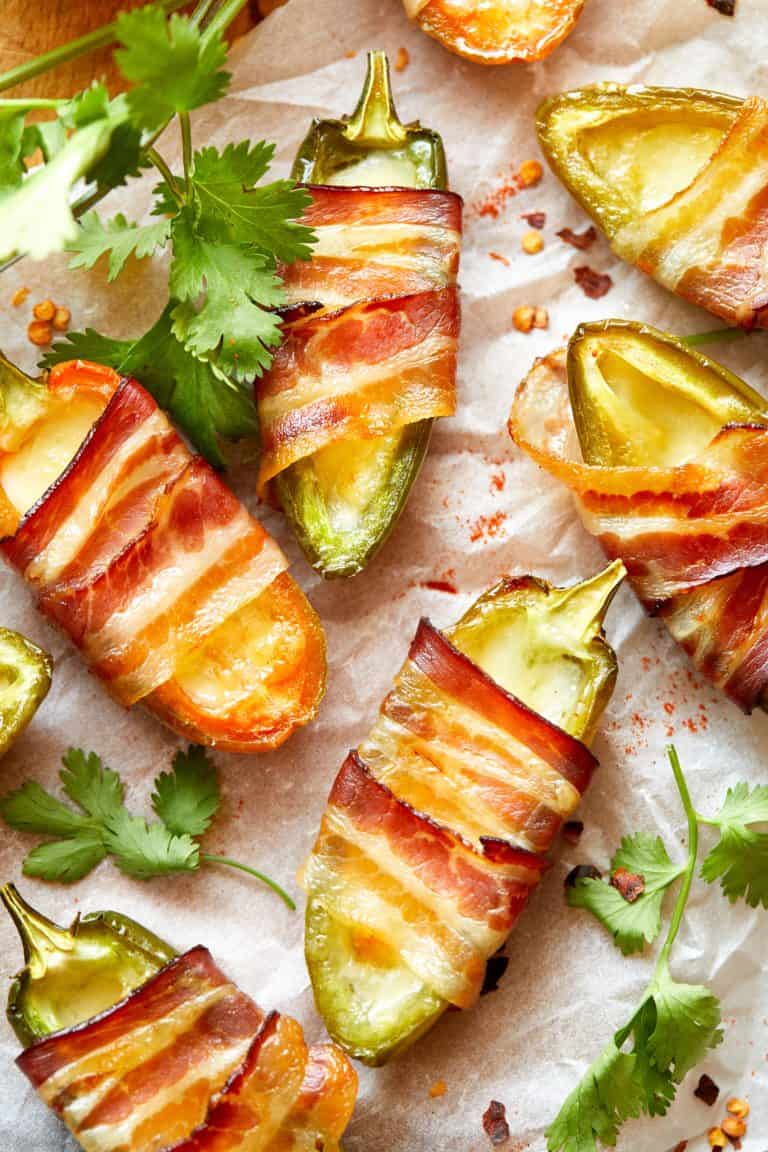When do pepper plants stop producing?
Unlike certain plants that offer a single harvest, pepper plants produce all season, yielding a steady supply of peppers throughout the growing season.
However, their productivity doesn’t last forever. Understanding when pepper plants stop producing is crucial for gardeners looking to maximize their harvest and extend their growing season. This article covers the factors influencing the growth and fruiting of pepper plants, when they typically stop producing, and strategies to extend your harvest.
When Do Pepper Plants Stop Producing for the Season?
Pepper plants are sensitive to temperature changes, and this is the main factor that determines when they stop producing. As temperatures begin to cool, usually when they consistently fall below 60°F, the plants will start to slow down in growth and fruit production. The first real sign that pepper plants are nearing the end of their productive season is the gradual decline in new fruit and slower ripening of the remaining peppers.
Typically, when nighttime temperatures regularly drop below 45°F, the plants stop producing altogether. Frost is another major factor. Once frost hits, it will kill the plants, ending any remaining production. In most areas, pepper plants are considered “done for the season” after the first frost. Gardeners can plan around this by keeping an eye on their local frost dates to determine when to expect the end of the growing season.
The Impact of Heat on Pepper Plant Production
While cold weather is commonly associated with the end of pepper production, extreme heat can also cause pepper plants to stop producing. In hot climates where daytime temperatures regularly rise above 90°F, pepper plants may enter a period of dormancy during the peak of summer. This is especially true in regions like Phoenix or Las Vegas, where the intense heat can slow down plant growth and stop fruit production.
In these cases, pepper plants may flourish during the milder spring and fall seasons, but struggle or stop producing during the hottest part of the year. Once temperatures return to more moderate levels, the plants may resume growth and fruiting. Therefore, gardeners in very hot regions should monitor their plants during the summer and provide shade or extra water to help them survive the extreme heat.
What Month Do Pepper Plants Stop Producing?
The specific month when pepper plants stop producing depends heavily on the local climate. For instance, where I live in Northern Illinois Zone 5b, where the average first frost date typically occurs in mid-October, pepper plants usually continue to grow and produce until early October.
Areas with milder winters, such as Southern California, may allow pepper plants to keep producing into December or even January. Gardeners in these regions enjoy a longer growing season due to the lack of freezing temperatures. Knowing the expected frost dates for your location can help you plan when to expect pepper production to wind down.
Can Pepper Plants Produce Year-Round?
Pepper plants are usually grown as annuals, meaning they complete their life cycle in one growing season, typically producing fruit from late spring through early fall. However, with the right conditions, it is possible to extend their production beyond the typical growing season.
For gardeners in warmer climates where winter temperatures do not drop below 45°F, pepper plants may continue growing and producing fruit year-round. However, most gardeners will need to replant pepper plants every year, as they typically die back after the first frost.
Those interested in extending the growing season for their peppers can bring the plants indoors. By providing artificial lighting and maintaining warm temperatures, it is possible to keep pepper plants alive and even producing fruit beyond the outdoor growing season. While this method may not guarantee year-round production, it can significantly lengthen the time you have fresh peppers.
Will My Pepper Plants Grow Back Next Year?
In most parts of the country, pepper plants will not survive the winter. Freezing temperatures will kill the plants, meaning gardeners will need to start fresh with new plants the following spring. However, in areas with mild winters where temperatures do not regularly fall below 45°F, it is possible to overwinter pepper plants outdoors.
To do this, gardeners can prune their pepper plants back to an inch or two above the first node and remove all the leaves once temperatures begin to cool. By protecting the plants from extreme cold, they can regrow the following spring, often producing more vigorously due to their established root systems.
For gardeners in colder climates, it is still possible to overwinter pepper plants by bringing them indoors. By placing them in a sunny spot or under grow lights, and keeping them warm, the plants can survive through the winter and be replanted outdoors in the spring. This method can be a way to keep pepper plants for multiple growing seasons, reducing the need to buy new plants every year.
Check out our guide to overwintering pepper plants to learn more.
How to Speed Up Ripening Before it Gets Too Cold
As the season comes to an end and temperatures begin to drop, many gardeners may notice that some of the fruit on their pepper plants has not fully ripened. To speed up the ripening process before the plants stop producing entirely, there are a few techniques that can be used.
First, ensure that the plants receive adequate sunlight and nutrients. Covering pepper plants with frost blankets on cold nights can also help extend the growing season by protecting the plants from sudden temperature drops. This gives the remaining fruit more time to ripen.
If cold weather is becoming too frequent, and the plants are unlikely to survive much longer, you can pick the remaining peppers and ripen them indoors. Place the peppers on a sunny windowsill, or use the paper bag method, where you place the peppers in a paper bag along with an apple or banana. The ethylene gas emitted by the apple or banana can help encourage the peppers to ripen.






